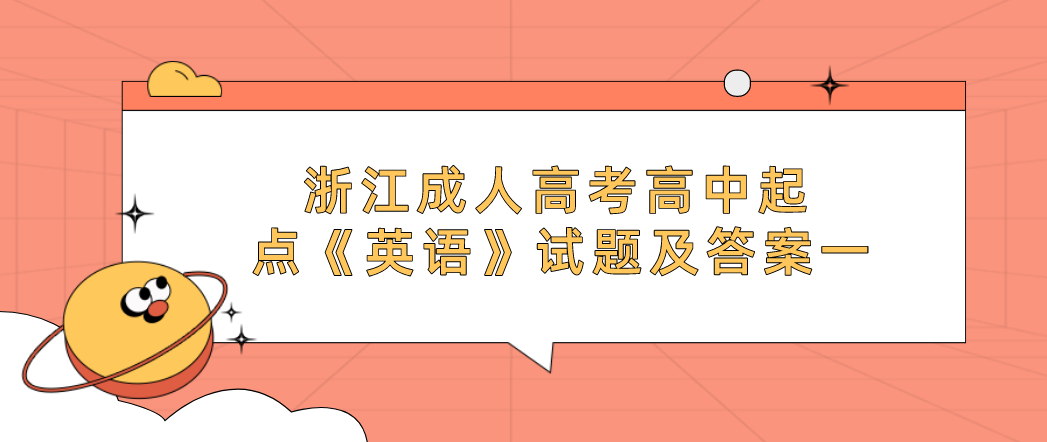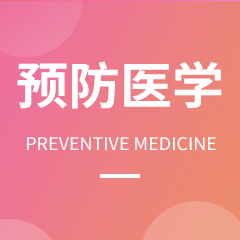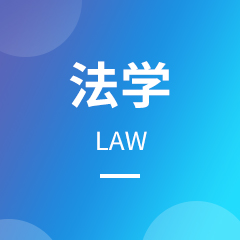浙江成考网为了帮助考生成功上岸,整理了“2022年浙江成考高中起点《英语》试题及答案一”备考期间要好好刷题。大家一起来做做下面的题吧!

Every human being, no matter what he is doing, gives off body heat. The usual problem is how to dispose of it. But the designers of the Johnstown campus of the University of Pittsburgh set themselves the opposite problem—how to collect body heat. They have designed a collection system which utilizes not only body heat, but the heat given off by such objects as light bubs and refrigerators as well. The system works so well that no conventional fuel is needed to make the campus’s six buildings comfortable.
Some parts of most modern buildings—theaters and offices as well as classrooms are more than amply heated by people and lights and sometimes must be air-conditioned even in winter. The technique of saving heat and redistributing it is called “heat recovery.” A few modern buildings recover heat, but the University’s system is the first to recover heat from some buildings and re-use it in others.
Along the way, pit has learned a great deal about some of its heat producers. The harder a student studies, the more heat his body gives off. (76) Male students emit more heat than female students, and the larger a student, the more heat he produces. It is tempting to conclude that the hottest prospect for the Johnstown campus would be a hardworking, overweight male genius.
1.Until recently, body heat has caused problems because it ______.
A. was difficult to collect
B. came in a variety of forms
C. was difficult to get rid of
D. tended to be absorbed by physical objects
2. Which of the following is true of the heating system of the Johnstown campus?
A. The heat is supplied by human bodies only.
B. The heat is supplied by both human bodies and other heat-emitting objects.
C. The heat is supplied by both human bodies and conventional fuel.
D. The heat is supplied by human bodies, other heat-emitting objects, and conventional fuel.
3.The phrase “even in winter” (in line 8) most nearly means ______.
A. if the winter is especially warm
B. during all of the year except the winter
C. in the winter as well as in other seasons
D. during the evenings in the winter
4. The phrase “heat recovery” refers to a ______.
A. method of concealing the source of heat
B. special form of air conditioning
C. supplementary hot water system
D. way of reclaiming and re-using heat
5. According to the passage which of the following would produce the LEAST amount of heat?
A. A fat female who studies hard.
B. A thin female who does not study.
C. A fat male who does not study.
D. A thin male who studies hard.
参考答案:
1.C 答案是开头的第二句:The usual problem is how to dispose of it。Dispose of “处理解决”。
2.B 答案在第一段的第三句中。他们设计了一种收集系统,它不但利用身体的热,还收集由灯泡、冰箱等散发出来的热。有了这两种热能,作者指出在校园中已无需任何conventional fuel
3.C 第二段中说:大多数现代化的大楼有些部分—戏院、办公室以及教室是用人体和灯光的热来供热的,有时候甚至在冬天的空调也是由它们来供热。Even意为“甚至”。
4.D 回收再利用热能。此题考察学生对全文的总结能力,以及reclaim和re-use的词义。
5.B 最后一段倒数第二句说:男学生发出的热量比女生发出的热量多,学生体重越重产生的热量越多。学习刻苦的比学习不刻苦的产生的热量多。所以最瘦的女生产生的热量最少。
热点关注:
(一)由于考试政策等各方面情况的不断调整与变化,本网站所提供的考试信息仅供参考,请以权威部门公布的正式信息为准。
(二)本网站在文章内容来源出处标注为其他平台的稿件均为转载稿,免费转载出于非商业性学习目的,版权归原作者所有。如您对内容、版权等问题存在异议请与本站联系,我们会及时进行处理解决。
Copyright 2025 浙江成考网(www.ckw.zj.cn) 备案号:浙ICP备2022031588号-1
版权所有:杭州玖管文化传媒有限公司 咨询电话:0571-86028781
本站地址:浙江省杭州市钱塘区白杨街道科技园路2号2幢908-911室;咨询合作热线:顾老师(18767395320)
浙江成考网,主要为浙江省成考考生提供报考咨询、考前培训服务的网站,所有报考信息以浙江省教育考试院为准。








 您当前所在位置:
您当前所在位置: 






